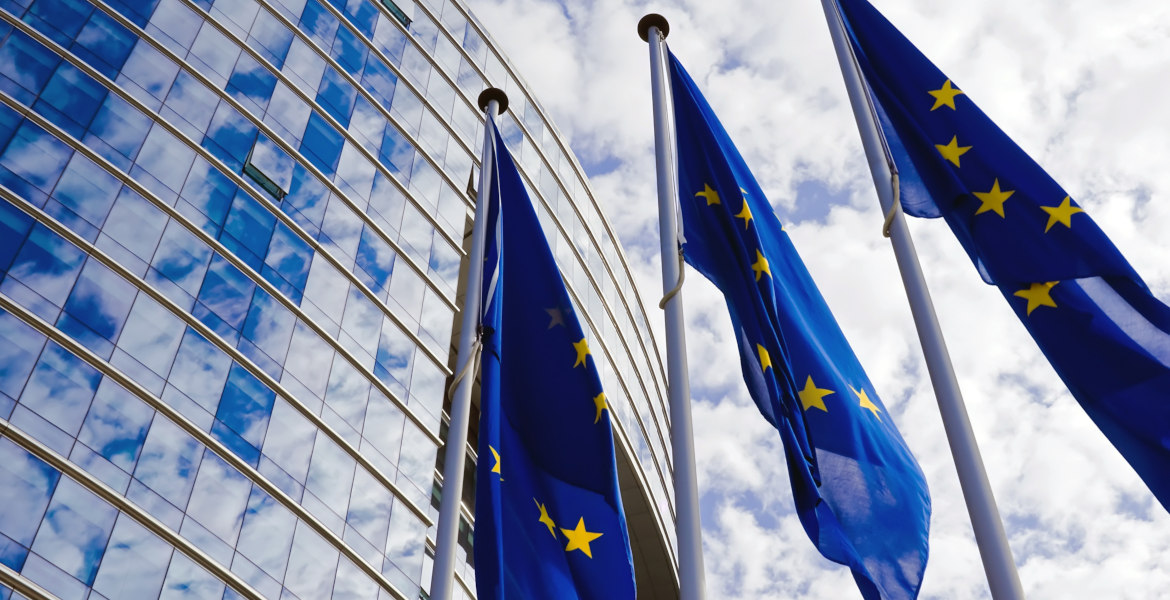Italy's parliament became the first country in the world to vote to ban lab-grown meat. The issue sparked much debate in the country, but was passed by a large majority.
Last spring, the Italian government passed a new law stating that lab-grown meat could not be produced or sold in the country. The reason given was to protect both Italian agriculture and the food industry. Agriculture minister Francesco Lollobrigida has been strongly opposed to the use of lab-grown meat from the start, pointing out that lab products threaten the traditional link between food and agriculture.
The debate over the bill has been intense in Italy, and last week protesters from different sides gathered outside the parliament to make their voices heard in connection with the vote. Critics say there is nothing synthetic about lab-grown meat because it is created by growing natural cells without genetic modification. Ettore Prandini, head of the large agricultural organization Coldiretti, once confronted two MPs from the opposition party More Europe, calling them "criminals" for opposing the ban on lab-grown meat with placards denouncing it as "anti-scientific and anti-Italian". Benedetto Della Vedova, one of the MPs, instead accused Prandini of being a "hooligan".
Parliament passed the bill by 159 votes to 53.
"We are protecting our food"
Lollobrigida praised MP:s for supporting the new law, saying it would protect Italian citizens.
– We are protecting our food, our food system, by maintaining the relationship between food, land and human labor that we have had for millennia, the agriculture minister was quoted as saying by the BBC. Italy is the world's first country safe from the social and economic risks of synthetic food, Lollobrigida added.
The law specifically bans synthetic foods made from animal cells without killing the animal, and also prevents manufacturers from using meat-related words on labels to describe plant-based protein. Failure to comply with the law could result in a fine of up to 60,000 euros.
At the time of writing, lab-grown meat is only allowed in the US and Singapore, but is expected to be approved by the EU. In Sweden, Ica has begun working with a Swedish lab-grown meat start-up, with plans to develop a ground meat product.
Facts: Laboratory-produced meat
The production of lab-grown meat uses animal stem cells, which means that the final product is real meat (i.e. not vegan). In the past, cells from unborn calves were reportedly used, but it is unclear whether this method is still used and to what extent. Cells can also be taken from living animals. The cells are then 'grown' in nutrient solution in a bioreactor, which causes them to grow.
Source: Wikipedia, Djurens Rätt




